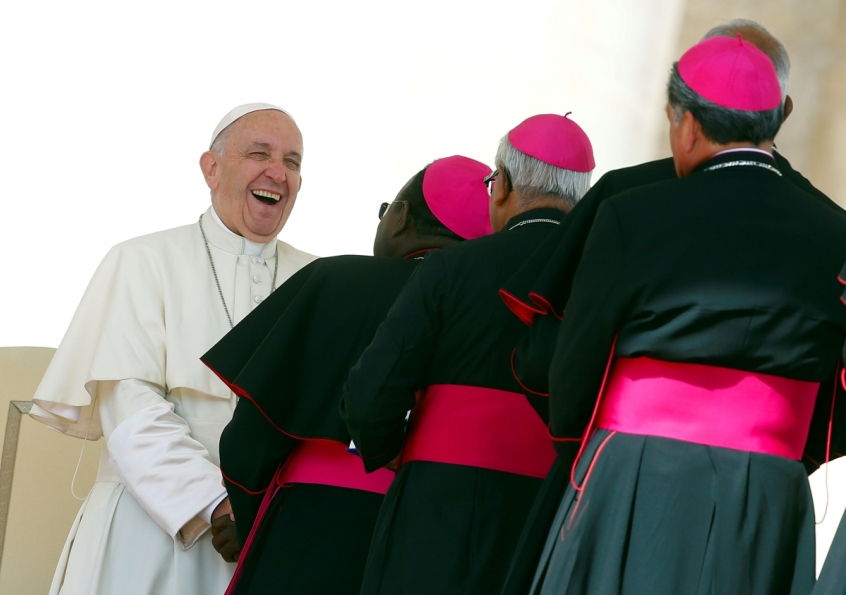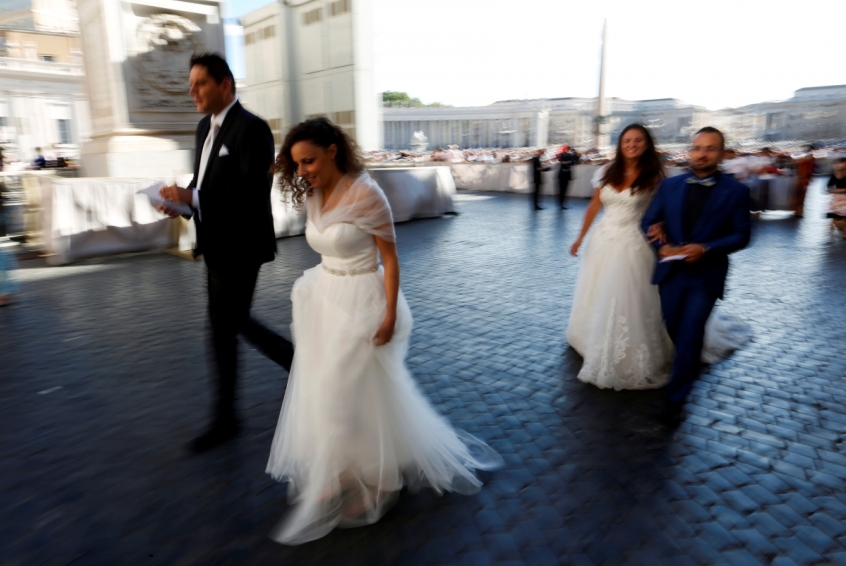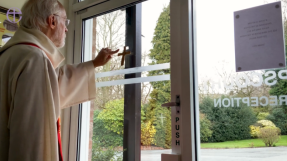
Divorced and remarried Catholics can in "some cases" receive Holy Communion without living as "brother and sister" and without getting an annulment, Pope Francis himself has confirmed.
In a leaked letter to Argentine bishops Pope Francis gave his own interpretation for the first time of Amoris Laetitia, his exhortation that followed the recent synods on the family dominated by controversy over the Church's strict rules on divorced and remarried Catholics.
Many believe the rules excluding such couples from communion, even where they were the innocent party in a marriage breakdown, are cruel. Traditionalists however stand by what they say is biblical teaching that marriage is between one man and one woman for life and that there can be no flexibility.
The pope's letter to bishops in Argentina, in response to a document the bishops produced on the issue, was leaked by a priest. The Vatican has today confirmed the letter from Pope Francis is authentic.
In their document, the Argentine bishops focus on the need to integrate divorcees into the life of the Church. They say that "in certain cases, this can include the help of the sacraments".
In his letter, translated by LifeSite, Pope Francis speaks of "pastoral charity" and "welcome" into the church community to those who have become distanced.
He calls for "urgent" training for priests in "discernment".

He says there is "no other interpretation" of Amoris Laetitia than to admit divorced and remarried Catholics to Communion in some cases.
The story was first published by the Spanish-language Catholic news service InfoCatolica and also an anonymous Argentine Catholic blogger.
LifeSite learned that the blogger's source was a priest in Buenos Aires.
At a meeting in Argentina to discuss the documents, some priests criticised both their bishops and the pope.
LifeSite reports: "The leaked document is the first time there is explicit confirmation that Pope Francis interprets Amoris Laetitia as allowing communion for divorced and remarried Catholics without the condition that the couple in the irregular situation live as brother and sister without sexual relations, as was always required by the Church."













